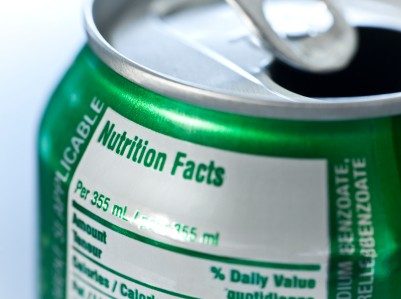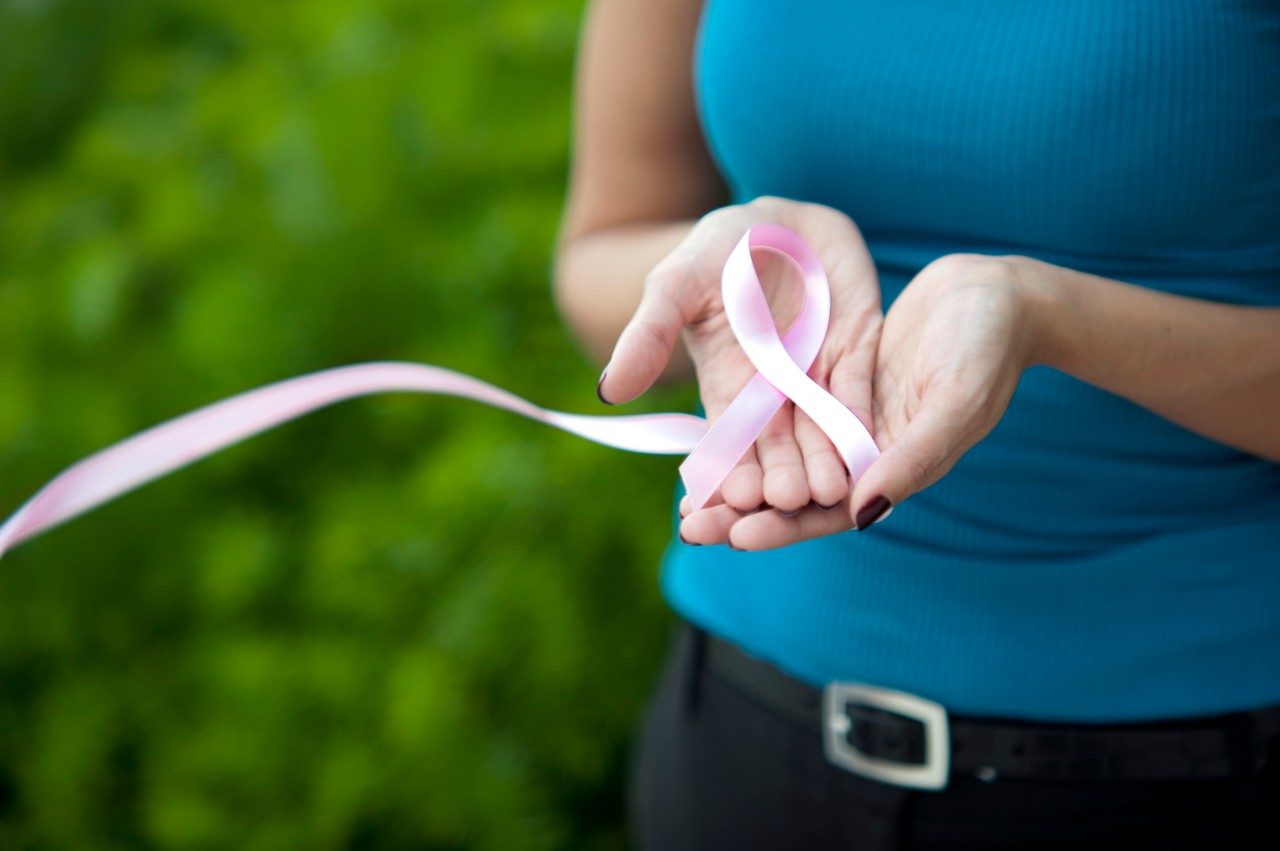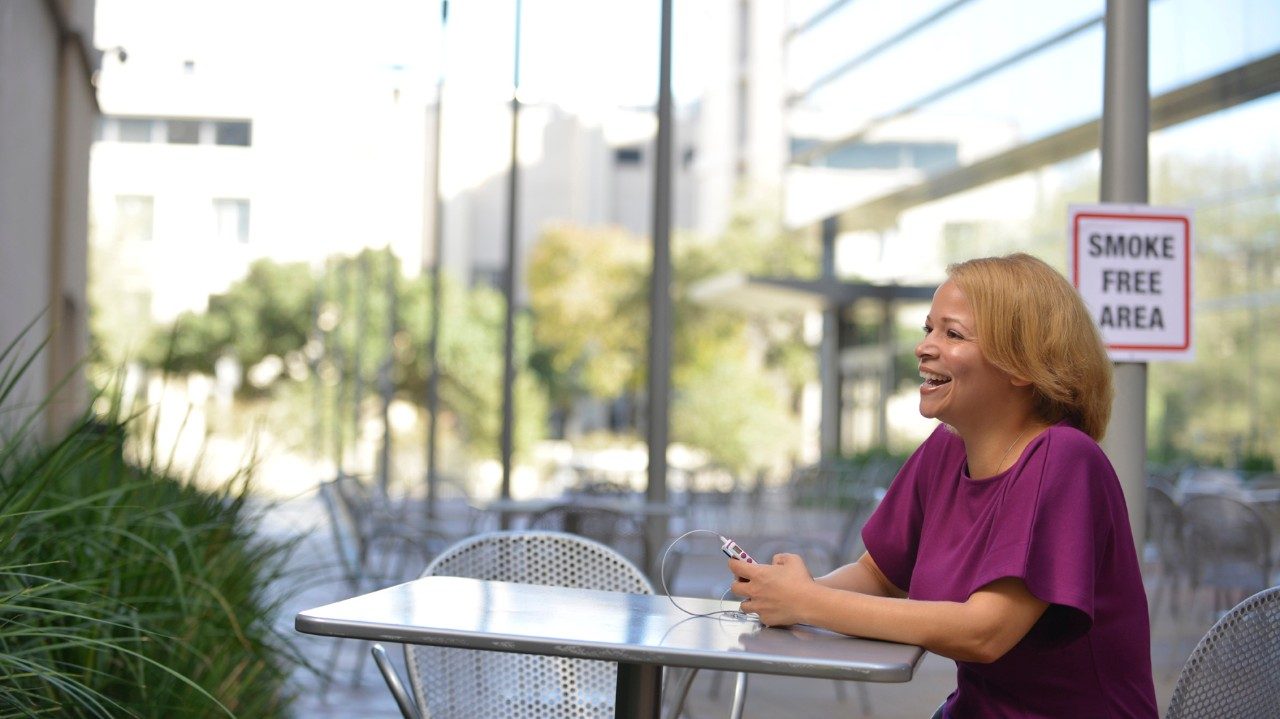Your first mammogram: What to expect
Can breastfeeding really lower your breast cancer risk?
Can breastfeeding really lower your breast cancer risk? Therese Bevers, M.D., explains the science behind this health benefit and wellness dietitian Lindsey Wohlford provides tips on where to find breastfeeding support.
You probably already know that breastfeeding will give your baby a healthy start. But that’s not its only health benefit. It also can lower your breast cancer risk.
“Breastfeeding is more than a wonderful bonding opportunity; it also lowers your risk for some types of cancer,” says Therese Bevers, M.D., medical director of MD Anderson’s Lyda Hill Cancer Prevention Center.
Why? Read on as Bevers explains the science behind this health benefit and wellness dietitian Lindsey Wohlford provides tips on where to find breastfeeding support.
How does breastfeeding reduce your breast cancer risk?
Most women who breastfeed experience hormonal changes during lactation that delay the return of their menstrual periods after childbirth. This reduces their lifetime exposure to hormones like estrogen, which can promote breast cancer cell growth.
The body also sheds breast tissue naturally during pregnancy and breastfeeding. “And, in that process,” Bevers explains, “it is possible you’ll shed some cells that had the potential to become abnormal.”
Does breastfeeding prevent any other types of cancer?
Yes. “Breastfeeding can also help lower your ovarian cancer risk by preventing ovulation,” says Bevers. “The fewer times you ovulate, the less exposure you’ll have to estrogen and abnormal cells that could one day become cancer.”
How long do you have to breastfeed to reap the benefits?
You should breastfeed exclusively for at least six months to get the health benefits, according to the American Institute for Cancer Research and World Health Organization. That means your baby receives only breast milk — no solids, water or other liquids.
After that, you can gradually begin introducing foods like finely ground cereals, puréed fruits and vegetables. But breast milk should continue to provide at least half of your child’s nutritional needs.
“Breastfeeding for longer than six months benefits your child’s health and yours,” says Bevers. “The longer you breastfeed, the more protection you’ll receive.”
In a study by the Collaborative Group on Hormonal Factors in Breast Cancer, researchers found that for every 12 months a woman breastfed, her risk of breast cancer decreased by 4.3%. The study compared mothers who breastfed to those who didn’t. It also found that the 12-month time period could be with either one child or several children over time.
Australian researchers found that women who breastfed for more than 13 months were 63% less likely to develop ovarian cancer than women who breastfed for less than seven months. Women who breastfed multiple children for more than 31 months could reduce their ovarian cancer risk by up to 91%, compared to women who breastfed for less than 10 months.
Does breastfeeding confer any other benefits?
Breastfeeding not only reduces your chances of developing cancer, but also your child’s.
“Evidence shows that it can help prevent your child from becoming overweight or obese later in life,” Bevers says. “Obesity puts a person at risk for more than 10 different cancers, including pancreatic, breast, endometrial, esophageal, rectal and kidney cancer.”
Breastfeeding also strengthens your child’s immune system. The antibodies you’ve developed against certain diseases can be passed through your milk to your child. This can lower their risks of ear infections, as well as respiratory and digestive problems. Plus, research indicates that the longer a child is breastfed, the lower his or her chances will be of developing allergies.
Where can I find support with breastfeeding?
“Despite all the health perks, breastfeeding isn’t easy, and it doesn’t always come naturally,” notes Wohlford.
So, if you’re considering breastfeeding your baby or having trouble mastering it, don’t hesitate to reach out for help. Here are some resources that you might not be aware of.
Lactation consultants
Most lactation consultants and professional breastfeeding specialists work with hospitals or health programs. Ask the hospital where you plan to deliver to send a consultant to your room shortly after your baby is born. Your health care provider or child’s pediatrician can also help you find one, if you need one after delivery.
Breastfeeding classes
If you’re pregnant or plan to become pregnant, educate yourself about breastfeeding techniques before your baby arrives. Talk to your doctor about finding a class that can teach you these skills or provide helpful tips. You can also request classes or counseling as a baby shower gift.
A private area to pump
Federal law requires employers to provide both break time and a private space for nursing mothers to pump their breastmilk. If you’re planning to continue breastfeeding after returning to work, speak with your employer before going on maternity leave to ensure you’ll have the proper setup to express your milk once you come back.
Supportive family and friends
Tell your family and friends about your plans to breastfeed — even before your baby is born — and ask for their support. “Their encouragement can go a long way,” Wohlford notes.
And, remember: breastfeeding is about your health as well as your baby’s. So, arm yourself with the knowledge and resources you’ll need to be successful.
“While the push for women is to ‘just do it,’ they can’t always manage breastfeeding alone,” Wohlford adds.
Don’t feel bad if you can’t breastfeed
Don’t stress if you’re not able to breastfeed your baby, or if you’re not able to breastfeed for the full six months.
“Loving your baby is the most important part of parenting,” adds Bevers. “And, breastfeeding is not by any means the most important thing you can do to reduce your risk for breast and other cancers. Being physically active, eating a healthy diet and keeping up with your cancer screening exams, like mammograms, are the key to reducing your cancer risk. Anything extra you may get from breastfeeding should be considered a bonus, not a must-have.”
Request an appointment at MD Anderson online or call +1 346 503-2729.



